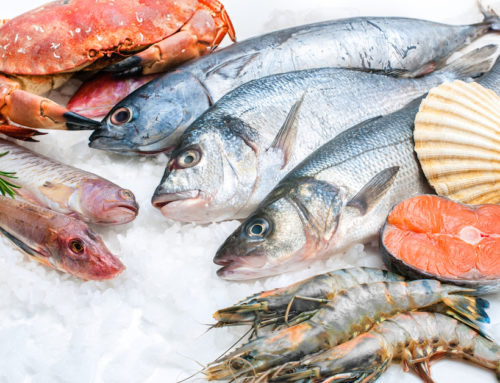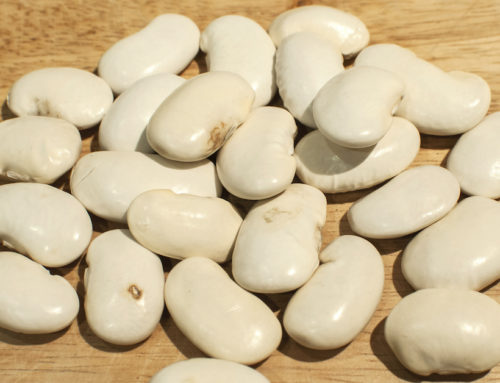This type of beverage comes in countless flavors and goes by many names…
You can find it in every restaurant, fast food chain and grocery store in the country… and about 48% of all Americans reportedly drink nearly three glasses of it a day…
That’s a shame, because daily consumption of the beverage is linked to obesity, diabetes, heart disease and other chronic illnesses… including dementia.
Read on to discover the toxic secret behind this popular drink…
It goes by different names depending on where you live: soda, pop, soda pop, soft drinks.
Regular consumption of either regular or diet soda has been linked to the cardiovascular and metabolic diseases I mentioned above…
And new research is showing a connection between soda and cerebrovascular disease, including rapid cognitive aging of the brain and an increased risk of stroke, dementia and Alzheimer’s disease.
Sodas Will Turn You into a Lame Brain — Literally
Researchers followed 127,456 women and men for more than 20 years to collect data on soda consumption and incidence of stroke.
The study, published in the American Journal of Clinical Nutrition in 2012, found a significantly higher rate of ischemic stroke (stroke caused by blockage or clot in the blood vessel) among men and women who drank at least one serving of regular or diet soda a day compared to those who drank coffee or water.1
An 18-year study of 39,786 Japanese men and women age 40-59 used self-reported food questionnaires and stroke data to test the relationship between soda intake and risk of strokes, both ischemic and hemorrhagic. The latter are caused by weakened and ruptured blood vessel walls.
The study found a positive association between soda intake and the risk of stroke, and more specifically of ischemic stroke, particularly in women.2
How Sodas Increase Dementia Risk
The daily recommended allowance of sugar is 37.5 grams for men and 25 grams for women. One can of soda contains 39 grams of sugar, which is too much no matter what.
Overconsumption of sugar of any kind causes inflammation and oxidative stress in neurons and other cells, which by itself can cause cell death and lead to neurodegeneration.3
Because soda has so much refined sugar, usually in the form of fructose and high fructose corn syrup (HFCS), daily soda intake can also lead to insulin resistance.
Insulin resistance and insulin abnormalities can have a damaging effect on the central nervous system (CNS), leading to cognitive impairment, memory problems and buildup of beta amyloid plaques, considered by some scientists to be the hallmark of Alzheimer’s disease.4
This deadly combination of inflammation and insulin resistance invites neurodegenerative conditions like mild cognitive impairment, dementia and Alzheimer’s disease.
Breaking the Soda Habit
The most obvious way to reduce your risk of ischemic stroke and dementia is to completely cut out all regular and diet soda. Of course, this may not be as easy as it sounds.
Sugar and artificial sweeteners have an addictive effect on the brain. Some people also have such a soda habit they may find it difficult to quit cold turkey.
If you always have a soda in the morning, or during a break from work or at other regular intervals, you may need to wean off soda gradually — but quickly. As in: a couple of weeks, not three months.
You’ll also need to find a fulfilling substitute that won’t harm your health. Water is the best substitute. If the idea of drinking plain old water bores you, try adding lemon, lime or a small amount of orange juice (or slices) to give it flavor.
I drink sparkling water, which is just as satisfying as sweet soda to me. A surprising part of the satisfaction you get from soda just comes from the bubbles. Once you break the sugar habit, you’ll see what I mean.
You can also infuse your water with just about any fruit or herb you like. Try fresh ginger, mint, lavender, basil, vanilla beans, cinnamon, watermelon, blackberries, raspberries, apples, grapefruit, strawberries, cucumber, pears, peaches…
The list goes on. Try combinations of your favorite fruits and herbs until you find a few that you love.
Not only will drinking water instead of soda protect your brain, heart and waistline, but antioxidants and flavonoids from the herbs and fruit will leach into your water, giving you an extra health kick you could never get from soda.
- Soda consumption and the risk of stroke in men and women.
- Soft drink intake in relation to incident ischemic heart disease, stroke, and stroke subtypes in Japanese men and women: The Japan Public Health Centre–based study cohort I.
- Metabolic syndrome and cognitive decline.
- Increased fructose intake as a risk factor for dementia.







